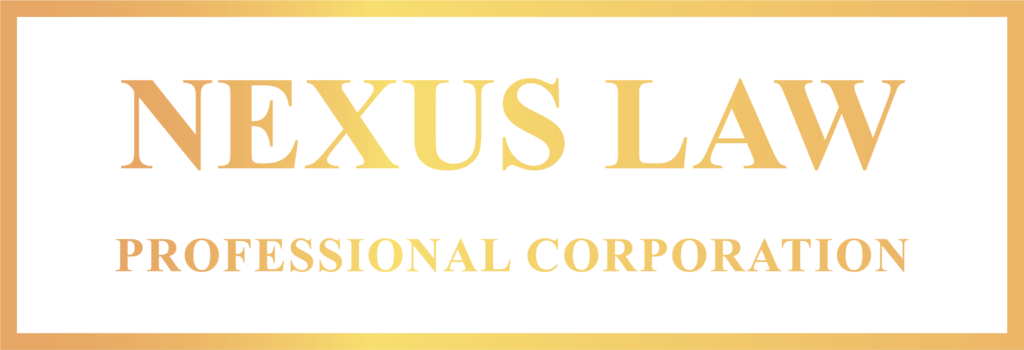Employment Law

Wrongful Dismissal :
Also known as wrongful termination, this occurs when an employee is dismissed from their job (or terminated) by their employer without receiving adequate notice or a sufficient termination package. A non-unionized employee who has been wrongfully terminated is entitled to reasonable notice, commonly known as a severance or termination package. If you have experienced constructive dismissal, unjust dismissal, unlawful dismissal, termination without cause, or termination for cause, it's important to seek professional help.

Employment Contracts:
Are a crucial right for all prospective employees. These written agreements help eliminate any ambiguity between the employer and employee. Typically, they detail various aspects such as the employee's role and expectations, reasons for termination, internal policies and conduct, compensation (including salary, bonuses, etc.), obligations regarding non-disclosure, non-compete, or non-solicitation agreements, and vacation days (as well as parental and sick leave). It's beneficial to have a lawyer review your employment contract before signing to ensure you fully understand each term and its potential impact. A lawyer can also examine clauses that might extend beyond your employment, like non-solicitation and non-competition terms, and help develop a negotiation strategy to address any problematic terms.

Unpaid Wages and Overtime:
It is illegal for an employer to withhold payment for an employee's work, including overtime pay. Recovering unpaid wages, including overtime, can be challenging. The process may range from as simple as having an employment lawyer discuss the issue with your employer to as complex as filing a claim in court or with the Ministry of Labour.

